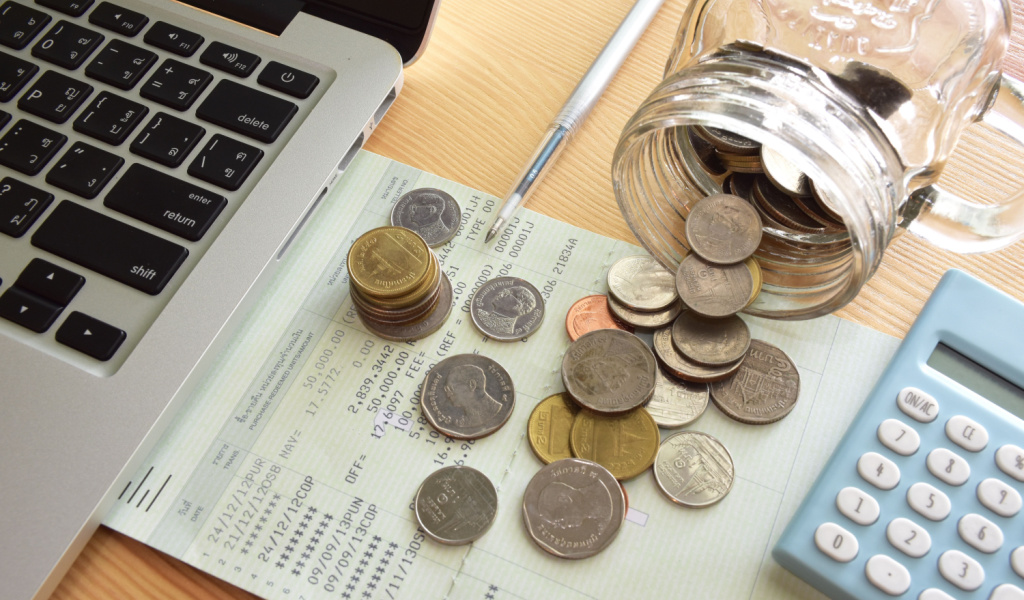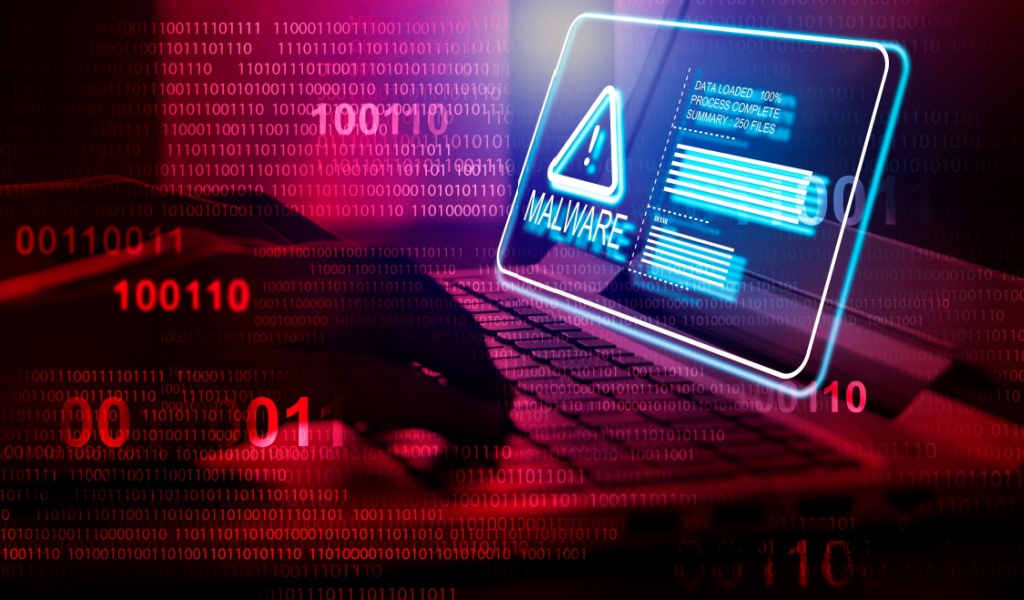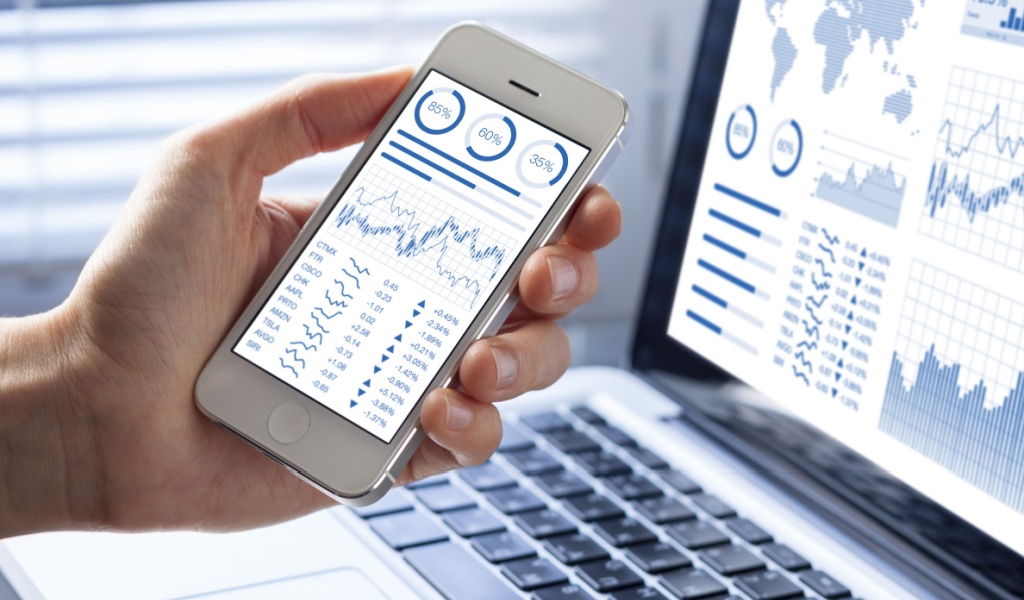The overwhelming consensus among financial experts is that the US, along with many other parts of the world, is going to be entering a period of recession in 2023. Through the examination of the past, we’ve come to understand that recession is a time when the economy faces a major downturn, which includes major job losses and a decline in the stock market.
If the weather forecast says that there’s going to be a snowstorm tomorrow, you wouldn’t send a prayer up and head about your normal life. You would take measures to protect yourself from the cold and cancel your plans to go out and stay at home.

So, does it not make sense to prepare in the same way if you know that the economy is going to face a recession? Not taking appropriate measures could end up severely compromising your financial instability, so here are some steps to take to prepare for a recession in 2023.
Set Up an Emergency Savings Account
An emergency fund is an essential part of financial stability, but it’s never as important as when the economy is in recession. Since a recession is a time when unemployment rates rise, you should be prepared for the worst. It’s recommended that your emergency fund has at least enough money to cover 3 months of expenses, but 6 months would be ideal.
If you don’t already have an emergency fund, don’t fret. According to a survey by the Federal Reserve in 2021, 40% of Americans revealed that they don’t have enough savings to cover at least 3 months of expenses if they lost their jobs. Inflation rates being at a 40-year high don’t help either.
An emergency fund can take years to build, but it’s never too late to start one. To get started, try stripping back your expenses to the bare minimum for a few months so you can save more money. You can also consider setting up automatic transfers so that a specified amount is directly deducted from your main account and put aside in your emergency savings account as soon as your salary comes in. This way, you remove the temptation to not save or even forget to do so.
Put of Purchases that Aren’t Essential
Experts unanimously agree that you shouldn’t be taking on any new expenses if there’s an impending recession or economic downturn. Every penny counts in a financial emergency – which is what you should always be prepared for during a recession. Therefore, this is the time to cut down on your expenses. Try to “squirrel” away every cent you can save so that you have plenty to draw from if the need arises.
Stick to essential purchases and put off “nice to have” purchases. But by all means, get a new washing machine if your old one is broken. However, if you’ve been eyeing that fancy new vacuum but you’ve got a “works just fine” one back at home, this is not the time to splurge.
It’s also time to audit your monthly purchases and figure out areas in which you can lower your expenses. For instance, it may be time to cancel that membership to the gym you manage to drag yourself to barely twice a month or consider a lower tier of membership on your OTT subscription.

Consider Making Certain Purchases
On the other side of the argument, it might make sense to make certain purchases pre-recession because prices for many types of discretionary products typically fall during this time. Since most people are cutting down on their purchases, retailers often sell items at discounted prices to entice customers. However – a word of caution: don’t let yourself be blinded by the offers and make sure you only buy things you actually need.
You could also stock up on household goods and shelf-stable foods while you can still afford to do so, in case you’re worried about losing your job down the line. The added advantage is that buying in bulk can help you get some great deals. Of course, don’t go berserk – it isn’t the apocalypse – but you can make some reasonable purchases that will last you some time.
The last thing that you should “buy” isn’t really a product or service, but it’s something that everyone should have – which is freedom from debt. It’s always important to try and stay debt-free, but an impending recession is just the time to take action and pay off any outstanding debt. The last thing you want if you end up losing your source of income is to end up owing more money to lenders due to missing payments!



